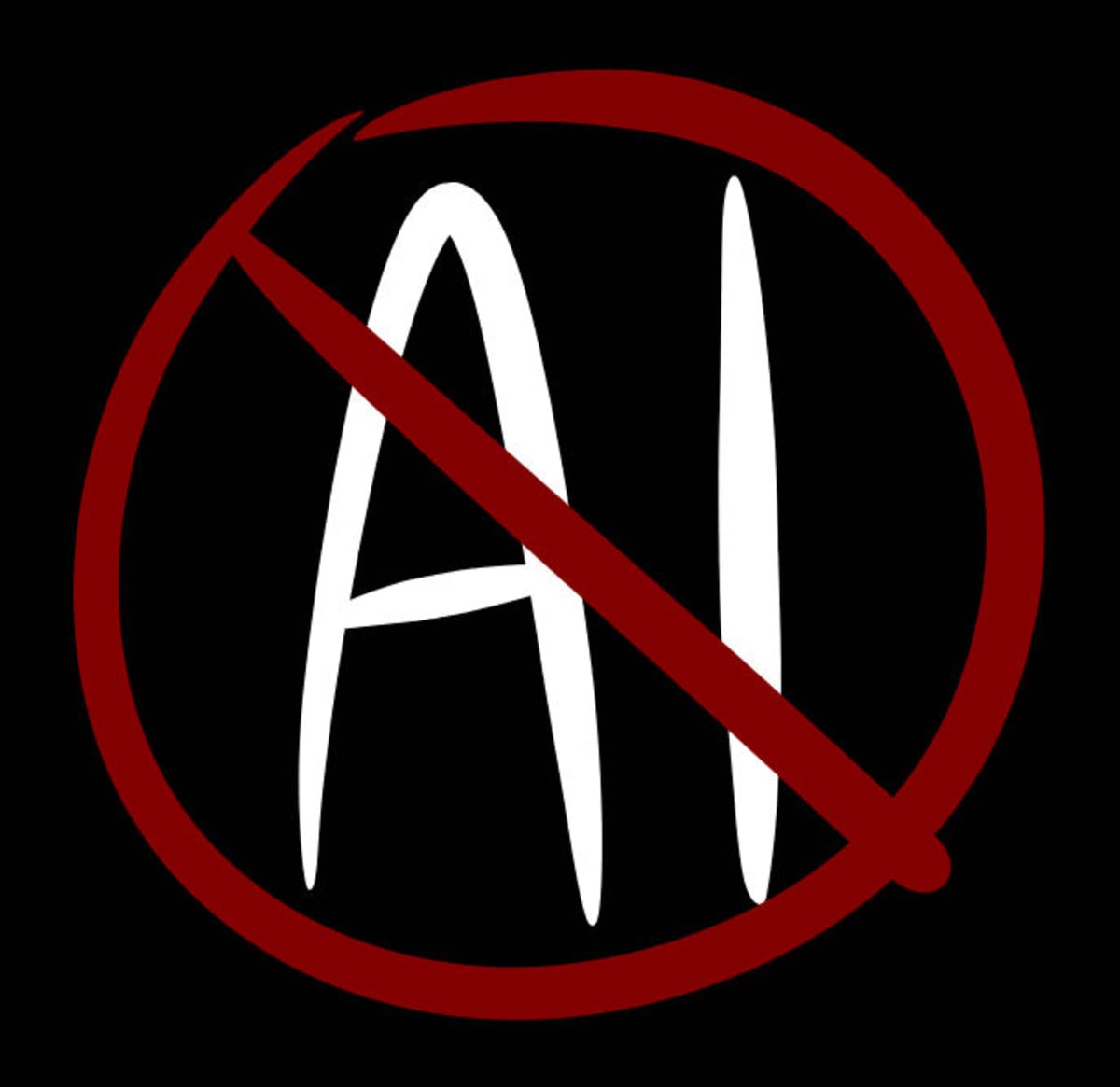Let’s get something straight.
I am a published author. A very broke published author, mind you, but published nonetheless. Over the past year, I’ve spent five figures—yes, that’s five figures with a dollar sign in front—to become published.
Classes. Courses. ISBNs. Editors. Licensing. Copyrights. Copywriters. Audiobook producers. Audio engineers. Graphic designers. Cover artists. Launch events. Ads that don’t work. Ads that might work. Ads that promise to work but actually just drain your soul. You name it, I’ve paid for it. I’ve supported other humans. I’ve learned that writing is a very expensive hobby.
All this for the distinct privilege of making literal single-digit dollars in royalties. Sometimes pennies if I dare click that “expanded distribution” box. (Never again!)
And yet, every time I share my work, someone feels the need to squint at me and ask:
“Did you use AI to write this?”
Excuse me while I internally scream into the void.
It’s insulting. Not just to me—but to every author, artist, and creator out there who has poured their savings, sanity, and questionable dietary habits into creating something from scratch. I could’ve saved tens of thousands of dollars and probably a few therapy bills if I had just let a bot do it for me. But no. I actually enjoy writing. I enjoy the process, the pain, the caffeine-fueled 3 AM editing sessions where I argue with myself over whether a semicolon adds "the right vibe."
Yet here we are, living in an age where if you use an em dash—like this—people assume a robot wrote it.
Stop assuming AI wrote something because:
- It uses em dashes.
- It repeats a word for emphasis. Emphasis.
- It repeats, period.
- It has a structured outline (you know, like every writing course teaches).
- It doesn’t use “and” before the last item in a list because—gasp—Oxford commas are a stylistic choice. Sometimes.
- The dialogue tags are “said” and not “chortled menacingly.”
- It has proper grammar.
- Or worse, it doesn't.
- There's a metaphor that makes sense.
- There's a metaphor that doesn't make sense.
- There are too many metaphors.
- The chapter titles are minimalist.
- The chapter titles are overly poetic.
We, as writers, have literally been taught to use these tools. We’re told to write in rhythm, to use repetition for impact, to break rules when necessary, to format dialogue like a pro, to kill adverbs (RIP), to use white space, to embrace the em dash revolution. Good writers have been honing these techniques for decades, but suddenly, when we apply them, it’s “AI wrote this, didn’t it?”
You want to see where AI is actually saturating the market and suffocating real talent? Go look up coloring books on Amazon. Go on. I’ll wait. Spoiler alert: You’ll find an avalanche of AI-generated mandalas, sketchy line art, and “Activity Book for Kids Ages 4-8” where the activities are literally broken. That’s AI doing its thing unchecked. That’s where the market is being flooded.
But your friend who writes heartfelt novels? That poet who slaved over every line break? The indie author who’s out here hawking their book like a street magician with a folding table and a dream? Stop interrogating them like they’re harboring Skynet in their laptop.
Writers—real writers—are being punished for having learned the craft well. We’re getting the side-eye for being good at what we do, or because maybe you don’t actually understand something. Imagine telling a chef their food is "too perfectly seasoned" and asking if they used a spice AI.
AI isn’t the enemy. Ignorance is.
So next time you read something beautiful, don’t ask “Was this AI?” Instead, try this radical idea: compliment the artist.
